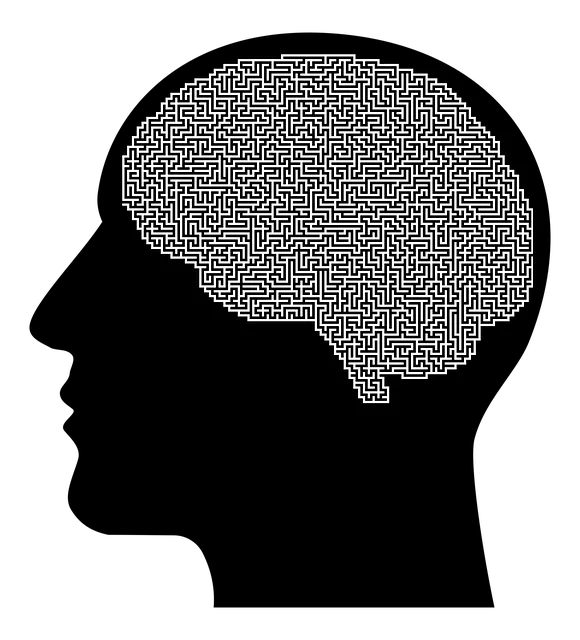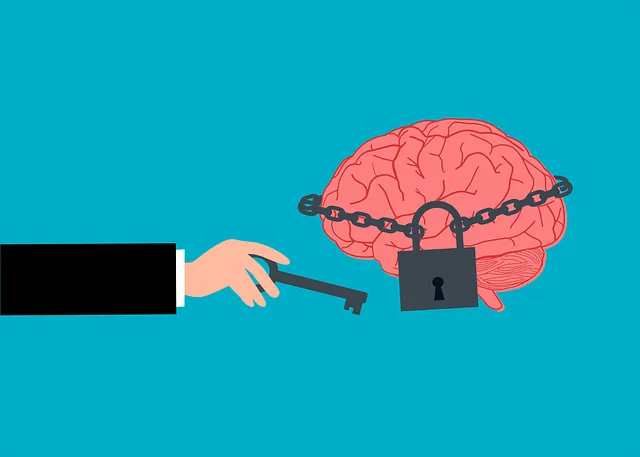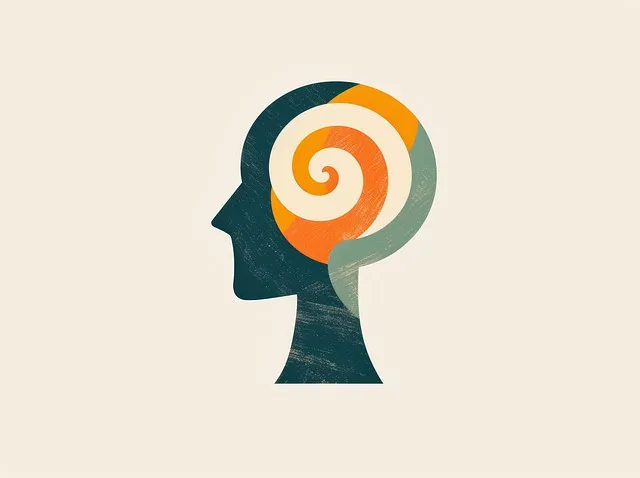The Littleton Kaiser Permanente mental health appointment center addresses the multifaceted challenges of accurate mental illness diagnosis through innovative strategies. They employ tools like mental wellness journaling, coping skills development programs, and stress management workshops to enhance patient documentation, symptom tracking, and professional risk assessment. A multidisciplinary team offers comprehensive assessments, evidence-based treatments, and tailored care. Continuous improvement, data analytics, and public awareness campaigns further revolutionize diagnosis accuracy, aiming for healthier communities.
Mental illness diagnosis accuracy is a critical aspect of patient care, with challenges stemming from complex symptoms and diverse presentations. This article explores efforts to enhance diagnostic precision, focusing on the pioneering work of the Littleton Kaiser Permanente Mental Health Appointment Center. We delve into innovative strategies, highlighting their impact on clinical practice. Additionally, we discuss future prospects and continuous improvement initiatives, emphasizing the importance of precise mental health diagnoses in patient outcomes. Discover how these approaches are revolutionizing care at Littleton Kaiser Permanente and beyond.
- Understanding the Challenges of Mental Illness Diagnosis
- The Role of Littleton Kaiser Permanente Mental Health Appointment Center
- Innovative Strategies for Improving Diagnostic Accuracy
- Future Directions and Continuous Improvement Efforts
Understanding the Challenges of Mental Illness Diagnosis

Diagnosing mental illnesses accurately is a complex task due to their intricate nature and often overlapping symptoms. The process can be further complicated by individual differences, cultural factors, and the influence of life experiences, making it challenging for healthcare providers to pinpoint specific disorders. At the Littleton Kaiser Permanente mental health appointment center, recognizing these challenges is paramount in ensuring effective treatment. Mental wellness journaling exercises and coping skills development programs are emerging as valuable tools to enhance diagnosis accuracy.
By providing patients with a means to document their thoughts and feelings, mental wellness journaling allows healthcare professionals to gain deeper insights into their mental states. This practice complements traditional assessment methods and can help identify patterns or triggers that contribute to specific mental health conditions. Additionally, incorporating coping skills development guidance enables individuals to actively manage their symptoms and reduces the likelihood of misdiagnosis. Furthermore, risk management planning for mental health professionals plays a crucial role in improving diagnosis accuracy by equipping them with strategies to navigate complex cases and make informed decisions.
The Role of Littleton Kaiser Permanente Mental Health Appointment Center

The Littleton Kaiser Permanente Mental Health Appointment Center plays a pivotal role in enhancing mental health diagnosis accuracy and improving patient care. This specialized center is equipped with a multidisciplinary team comprising psychiatrists, psychologists, social workers, and counselors, all dedicated to providing comprehensive assessments and evidence-based treatments. By fostering an environment that promotes open communication and encourages patients to share their experiences openly, the center ensures a more nuanced understanding of mental health conditions.
In addition to direct patient care, Littleton Kaiser Permanente Mental Health Appointment Center actively contributes to the professional development of mental health professionals through Stress Management Workshops Organization programs. These workshops not only equip practitioners with advanced techniques for stress management but also emphasize the critical aspect of risk management planning, ensuring that healthcare providers are well-prepared to handle a wide range of mental health challenges. This holistic approach ultimately leads to better diagnosis and improved outcomes for patients navigating their mental health journeys.
Innovative Strategies for Improving Diagnostic Accuracy

In an effort to enhance mental health diagnosis accuracy, innovative strategies are being implemented at the Littleton Kaiser Permanente mental health appointment center. One such approach involves integrating specialized training for healthcare professionals, focusing on advanced assessment techniques and risk management skills. This includes regular Stress Management Workshops Organization sessions that empower practitioners with tools to recognize subtle symptoms and nuances in patient presentations.
Additionally, the center promotes a holistic perspective by incorporating positive thinking exercises into treatment plans. By fostering an environment that encourages open communication and self-awareness, mental health professionals can better navigate complex cases. Equally important is the regular conduct of Risk Assessment for Mental Health Professionals, ensuring practitioners are equipped to identify potential risks and take preventive measures during appointments at the Littleton Kaiser Permanente center.
Future Directions and Continuous Improvement Efforts

The journey towards enhancing mental illness diagnosis accuracy is an ongoing process, with continuous improvement efforts being a key focus for organizations like the Littleton Kaiser Permanente Mental Health Appointment Center. Future prospects involve integrating innovative technologies to streamline assessment methods and utilizing data analytics to identify patterns in various mental health conditions. Regular training programs can equip mental health professionals with the latest research and skills, fostering more precise diagnoses.
Additionally, collaborative initiatives between healthcare providers, researchers, and community organizations could lead to the development of tailored public awareness campaigns. These campaigns can play a pivotal role in educating individuals about mental health, reducing stigma, and encouraging early intervention. Inner strength development programs can also be enhanced to support not only patients but also caregivers, promoting resilience and fostering healthier communities.
The quest for enhanced mental illness diagnosis accuracy is an ongoing journey, and efforts like those pioneered by the Littleton Kaiser Permanente Mental Health Appointment Center play a pivotal role. By combining advanced technology, comprehensive training, and patient-centered care, these initiatives ensure more effective identification and treatment of mental health conditions. As research continues to evolve, the future holds promise for even more precise diagnostic tools and personalized interventions, ultimately improving patient outcomes and overall well-being. The Littleton Kaiser Permanente model serves as a beacon, guiding the way towards a more competent and compassionate mental healthcare system.






